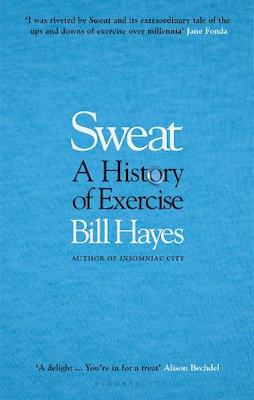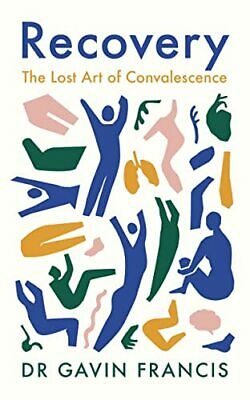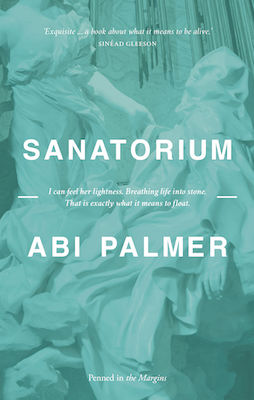In the history of physiotherapy, there’s been precious little work on the cultural history of the physical therapies themselves.
But over the last few months, a few pieces of popular science writing have tackled subjects that are close to our hearts.
 Bill Hayes’ book Sweat: A history of exercise is a very readable combination of investigative journalism and personal exercise biography. Hayes was Oliver Sacks’ partner for years prior to Sacks’ death in 2015. And throughout his life, Hayes has been a keen exerciser. The book traces his efforts to find the origins of our fascination with exercise, and concentrates on Giralomo Mercuriale’s 1573 book De Arte Gymnastica, thought to be the first encyclopaedic text on the history, merits, and therapeutic benefits of exercise. Here’s an exempt from the book;
Bill Hayes’ book Sweat: A history of exercise is a very readable combination of investigative journalism and personal exercise biography. Hayes was Oliver Sacks’ partner for years prior to Sacks’ death in 2015. And throughout his life, Hayes has been a keen exerciser. The book traces his efforts to find the origins of our fascination with exercise, and concentrates on Giralomo Mercuriale’s 1573 book De Arte Gymnastica, thought to be the first encyclopaedic text on the history, merits, and therapeutic benefits of exercise. Here’s an exempt from the book;
”In his writing, Galen is scathing in his critique of athletic trainers, of which two distinct types were recognised at the time: the Paidotribe (equivalent to a personal fitness trainer or athletic trainer) and the gymnaste (a specialist providing advice on exercise, diet, and massage)… “for Galen… the trainers are an extreme example of the way in which medical incompetence can masquerade as expertise.””
 Gavin Francis’s Recovery: The lost art of convalescence takes the opposite path, looking at the importance of rest and recuperation. Sadly, these are now dirty words in healthcare systems that emphasise productivity and efficiency, and physiotherapists have been, in my view, far too willing to promote hyperkinetic restless anxiety at the expense of rest. Francis’s very short meditation (it could easily be read in one sitting), is a lovely, gentle tribute to the importance of rest. It explores the history of convalescence after illness or injury, and makes an appeal to a return to the kinds of compassion and tolerance that these ideas once embodied;
Gavin Francis’s Recovery: The lost art of convalescence takes the opposite path, looking at the importance of rest and recuperation. Sadly, these are now dirty words in healthcare systems that emphasise productivity and efficiency, and physiotherapists have been, in my view, far too willing to promote hyperkinetic restless anxiety at the expense of rest. Francis’s very short meditation (it could easily be read in one sitting), is a lovely, gentle tribute to the importance of rest. It explores the history of convalescence after illness or injury, and makes an appeal to a return to the kinds of compassion and tolerance that these ideas once embodied;
”The key features the physiotherapists of recovery would want the convalescent to adopt are relevant for anyone recuperating from serious illness, and are worth spelling out (abridged for brevity – DN):
- Plan rests regularly thought the day
- Don’t rush
- Keep meals small
- If you’re breathless, learn to control your breathing (physiotherapists will teach you these techniques)
- Get fresh air
- Sit down often (even during washing, dressing, cooking, with chairs or stools placed strategically around the house)
- Use aids to avoid bending and reaching
- Push don’t pull, slide don’t lift, and if you use lift something, do it with your knees bent and your back straight
- DOn’t do more than one thing at a time
- Set achievable goals, little and often, every day
 Abi Palmer’s Sanatorium is a much more literary book. Somewhere between a prose poem, a dream, and a piece of auto-fiction, it tells the story of Palmer’s real-life efforts to find relief from chronic pain in a sanatorium that evokes images of a 19th century Alpine retreat. Some of the encounters with the health professionals – especially the physiotherapists – are horrendous, and a striking reminder that at the heart of every therapeutic encounter is a person, with a unique story to tell.
Abi Palmer’s Sanatorium is a much more literary book. Somewhere between a prose poem, a dream, and a piece of auto-fiction, it tells the story of Palmer’s real-life efforts to find relief from chronic pain in a sanatorium that evokes images of a 19th century Alpine retreat. Some of the encounters with the health professionals – especially the physiotherapists – are horrendous, and a striking reminder that at the heart of every therapeutic encounter is a person, with a unique story to tell.
”I don’t know if I trust the physiotherapist. She’s so charmingly optimistic, it’s easy to get carried away even when she’s pushing me too hard. She seems to think she knows my body better than I do. Sometimes in the sessions I’ll start spasming because my muscles are over tired, and eventually she’ll notice and let me stop. I feel that stopping before I spasm would be better for me.”
